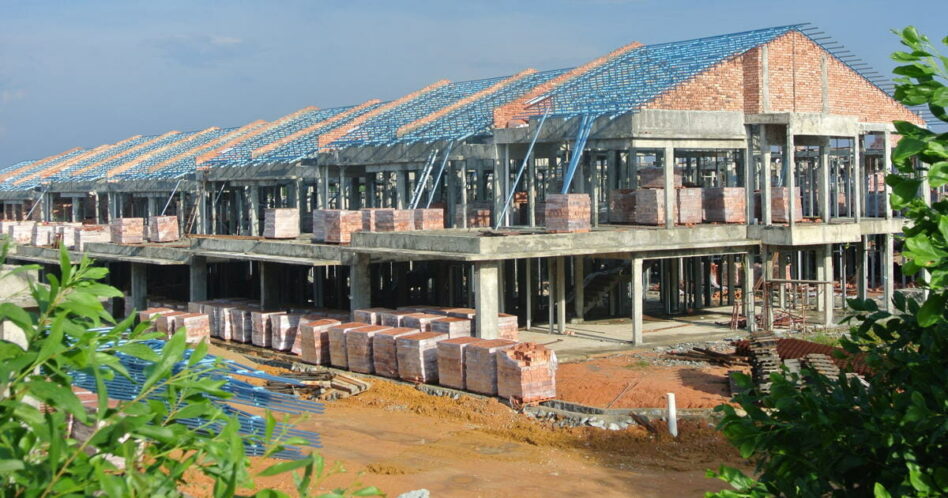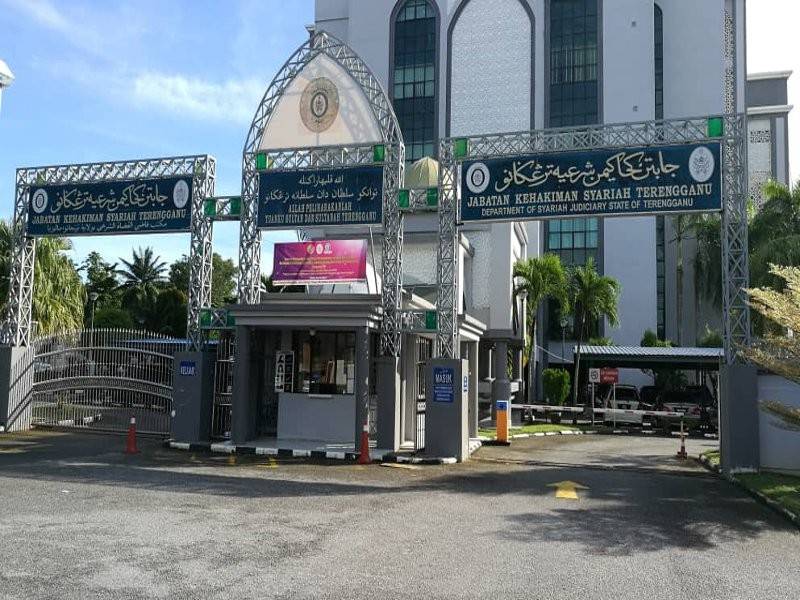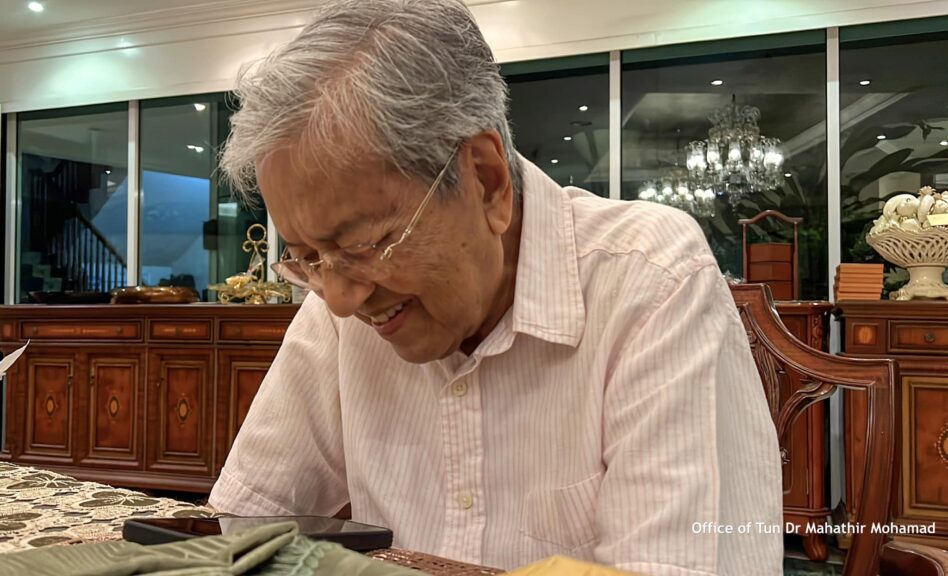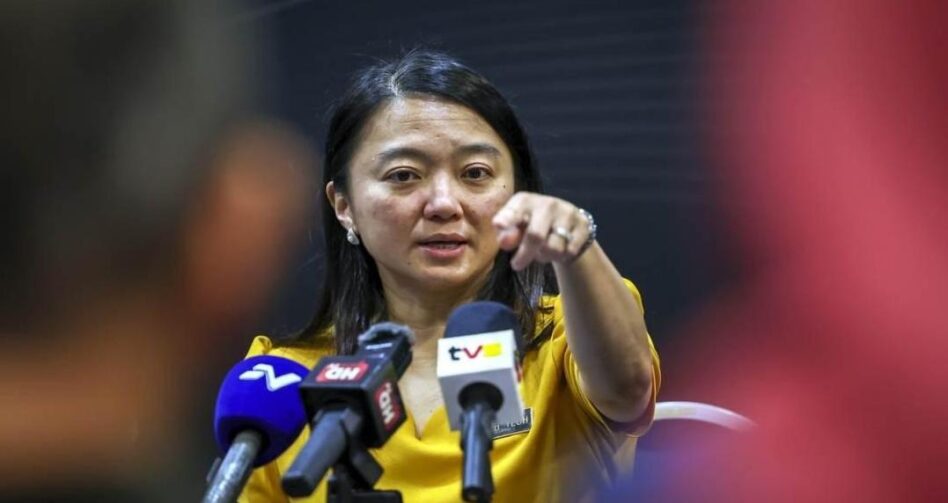YANG di-Pertuan Agong Al-Sultan Abdullah Ri’ayatuddin Al-Mustafa Billah Shah has become much more noticeable in the recent years amid the political turmoil that has been plaguing the country, according to Nikkei Asia’s editor-in-chief Toru Takahashi.
In a commentary on Sept 7, Takahashi noted how the Agong had quickly moved to stabilise the situation following the resignation of Tan Sri Muhyiddin Yassin after the latter had lost majority support in Parliament.
Recall that on Aug 17, Dewan Rakyat Speaker Datuk Azhar Azizan Harun had issued a notice instructing all MPs to submit in writing to Istana Negara their candidate for the next Prime Minister (PM) following a decree from the Yang di-Pertuan Agong.
On the following day, the King had met individually with the 114 MPs who had pledged their support for Ismail Sabri.
“Malaysia’s Constitution stipulates that the King appoints an elected member of parliament (MP) as PM if he is deemed to have the backing of the majority of lower house members. That apparently simple calculation can stoke heated controversy, however,” Takahashi observed.
The next day, Ismail Sabri was appointed as the new PM after a special meeting among the Malay rulers.
He was sworn into office as Malaysia’s ninth prime minister on Aug 21, reducing the political vacuum to a minimum.
“Unlike Japan or Thailand, Malaysia has no parliamentary mechanism for choosing a PM but takes its lead from its former colonial master, the UK, where the monarch invites the evidently strongest party leader to form a government,” Takahashi elaborated.
“A prospective PM ‘being deemed winning the confidence’ of lawmakers by the king emerges after a general election or a change of leadership during a parliamentary term.”
Even before Ismail Sabri’s appointment as PM, Takahashi pointed out that the Yang di-Pertuan Agong had played an impartial mediating role that best reflected the opinions and wishes of the rakyat when former premiers Tun Dr Mahathir Mohamad and Muhyiddin were forced to resign.
“The monarch’s role used to be considered much more symbolic and ceremonial.
“Historically, the Malay Peninsula comprised small kingdoms ruled by Sultans. Even when British colonials ruled from the late 18th to mid-20th century, the Sultans remained in place.
“Malaysia opted for a constitutional monarchy when it attained independence. The 13-state country adopted a system in which the king would be chosen from among the Sultans of nine states for a five-year term. This kind of rotating monarchy is unique to Malaysia,” Takahashi remarked.
It is however worth noting that the roles of the Agong and the Sultans were relegated when Mahathir pushed ahead with reforms after he first became PM in 1981.
“Measures were taken to curb royal powers after elected state Chief Ministers (Menteri Besar) were sacked summarily, royal businesses chalked up indecent profits, and a number of violent incidents occurred,” Takahashi wrote.
Mahathir amended the constitution in 1983 to restrict royal legislative power, and to abolish legal immunity in 1993.
“Sultan Ahmad Shah, the Agong’s father, reigned from 1979 to 1984 and was the first to appoint Mahathir as PM,” reminisced Takahashi.
“The pair clashed fiercely over constitutional amendments, so there is a certain historical irony in King Abdullah quelling political bickering that has grown more evident since Mahathir’s unforeseen return to the premiership in 2018.” – Sept 8, 2021.










